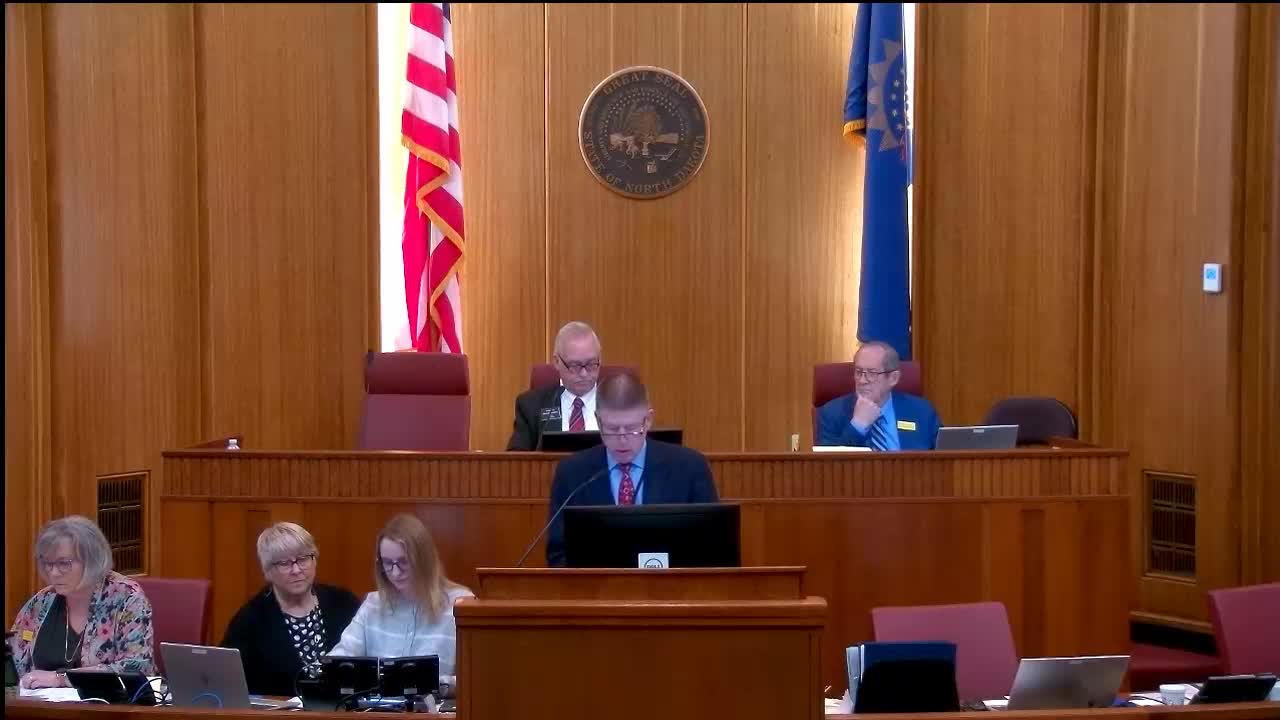Article not found
This article is no longer available. But don't worry—we've gathered other articles that discuss the same topic.
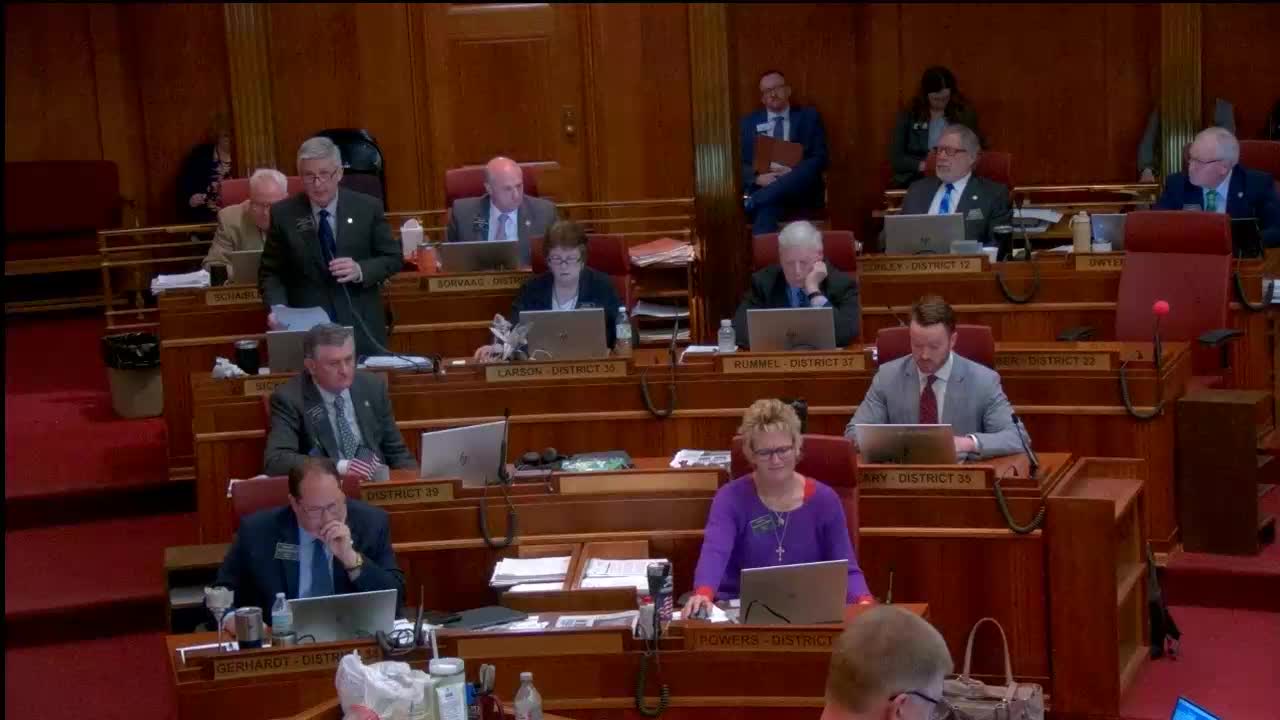
Senate rejects conference committee report on Attorney General budget after dispute over staffing and vape registry language
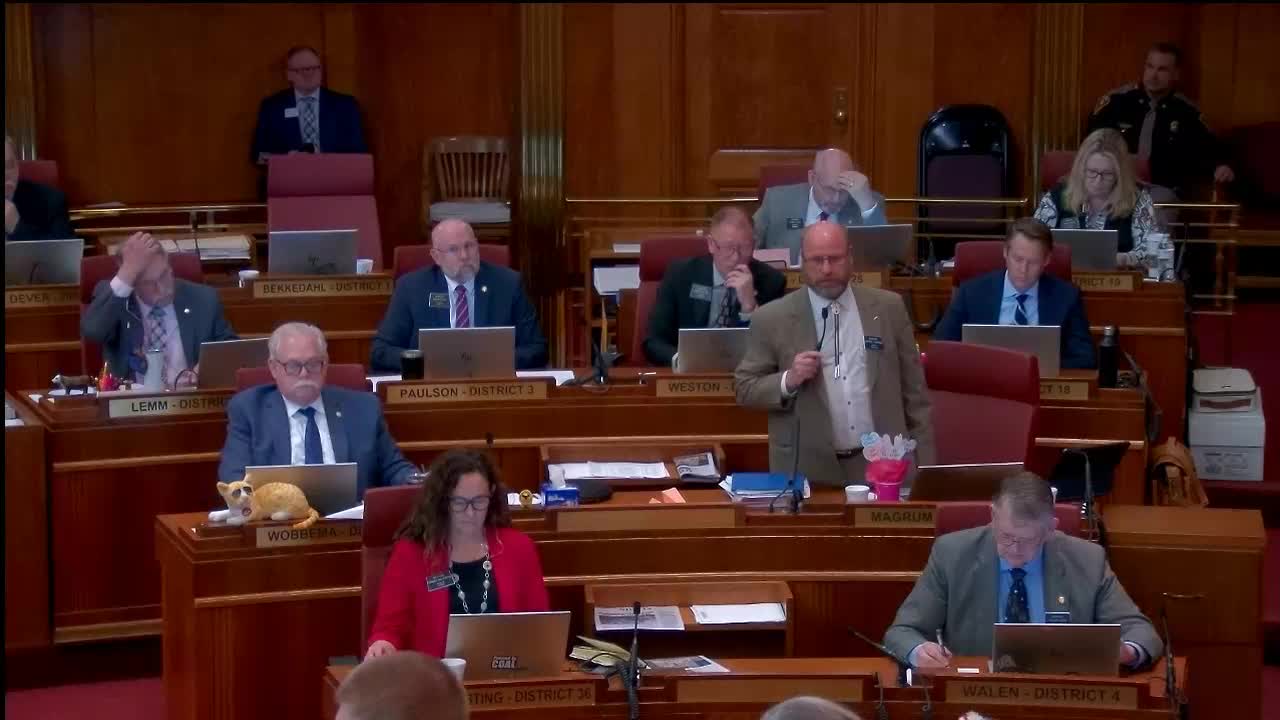
Senate sends $9.7 million for two BRIC replacement wastewater projects as part of larger grant bill
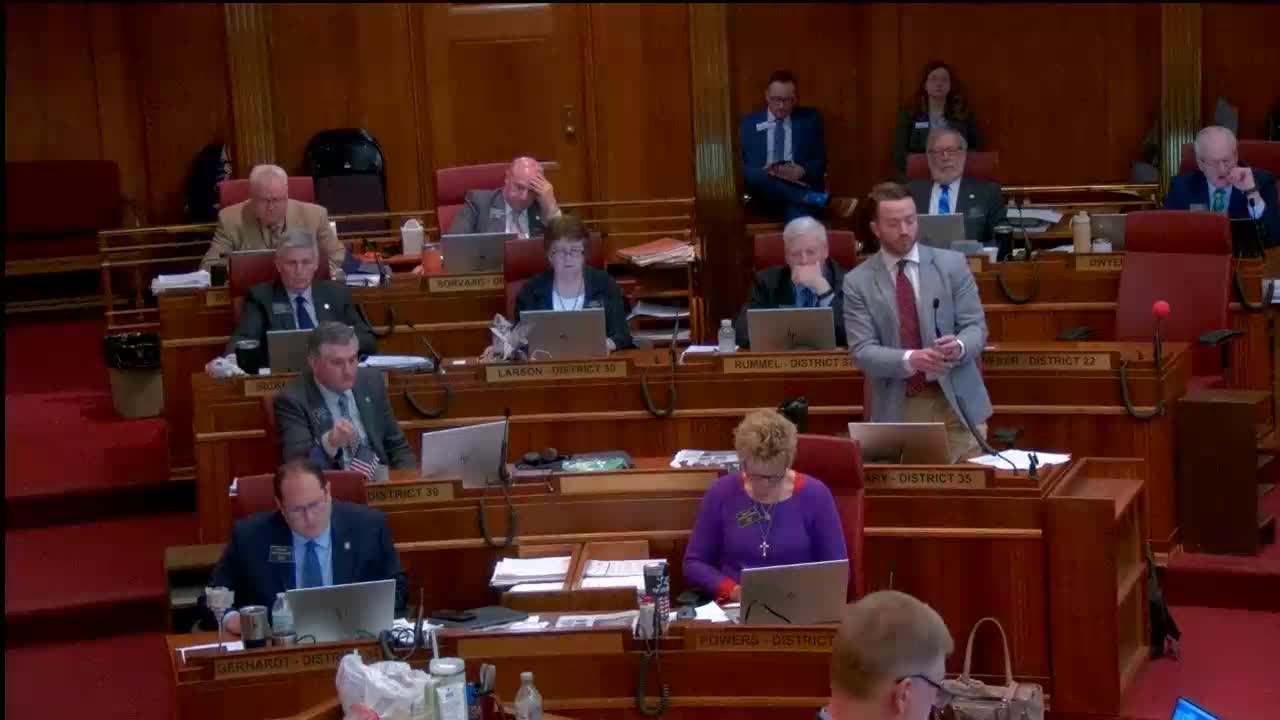
Senate passes corrections budget with pay equity funds, removes diversion center appropriation
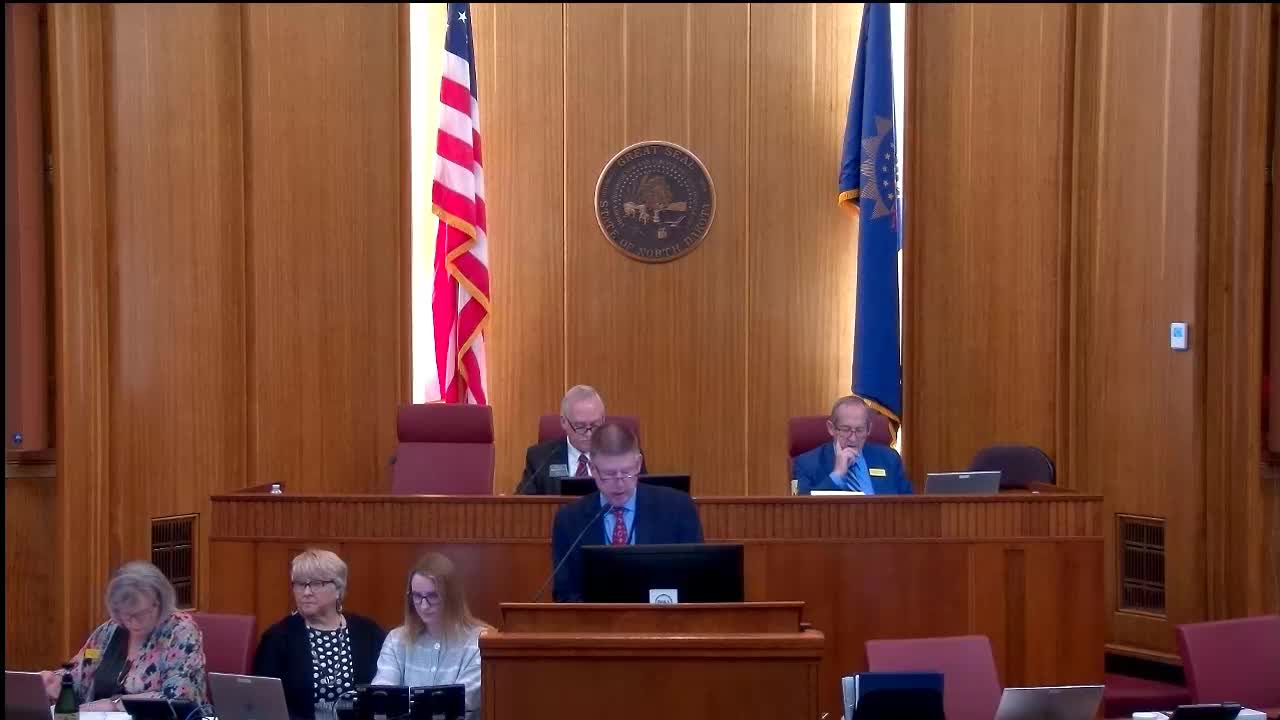
Senate approves limited tax exemption for development‑incentive oil wells
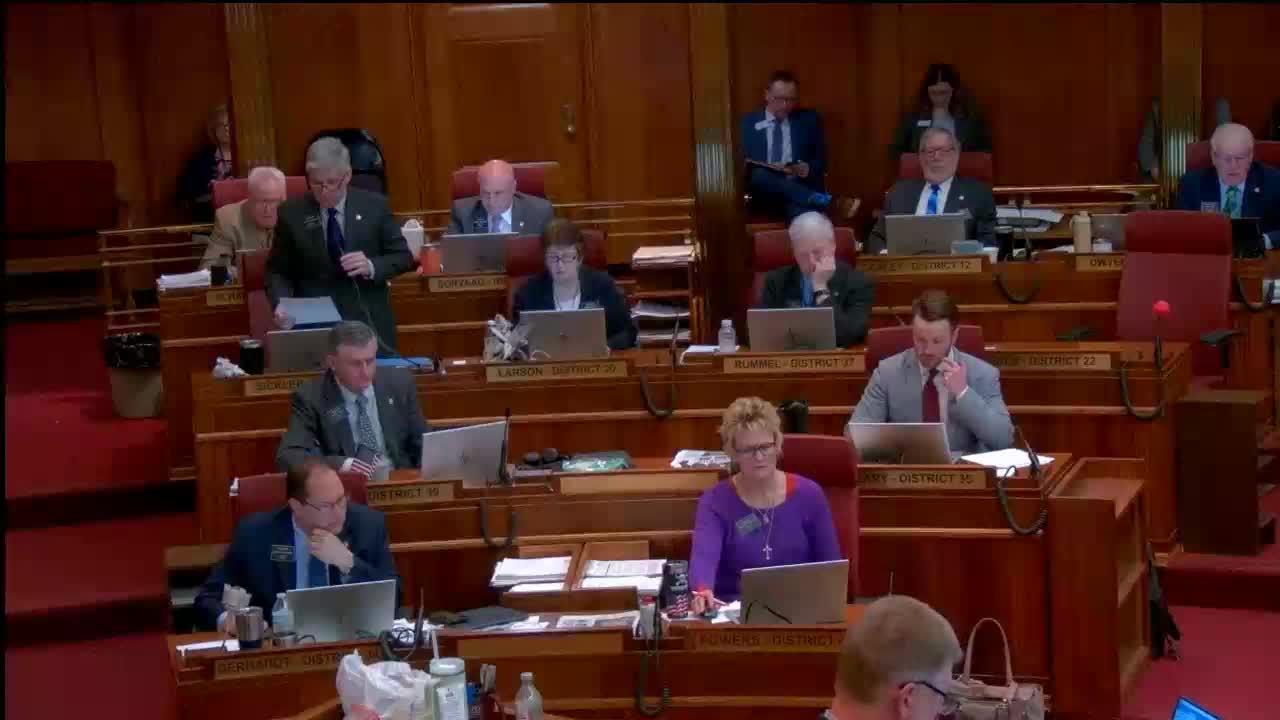
Senate trims housing grant proposal; $5 million set for slum‑and‑blight remediation in small towns
